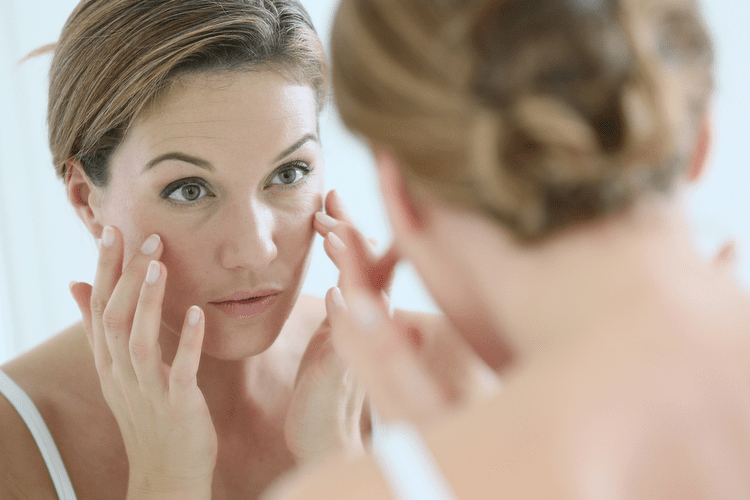Is Alcoholism Hereditary? What Percentage is Inherited?
Some protective factors, such as natural optimism, may remain fixed over time. Other factors, such as friend groups and level of financial security, may be subject to change. According to a review from 2016, genes that promote alcohol metabolism and the production of enzymes, such as alcohol dehydrogenase and aldehyde dehydrogenase, can be protective against AUD. Your genetics don’t only increase your risk of AUD — they may have protective elements as well.
Going without alcohol will induce distressing withdrawal symptoms, like irritability, shakiness, and anxiety. If you or a loved one is impacted by https://trading-market.org/read-about-the-5-habits-of-long-term-sobriety-a/ alcoholism, you may be wondering, “is alcoholism hereditary or learned? Below, you’ll find out exactly what role genetics plays in this disease.
Social Factors
According to the 2022 National Survey on Drug Use and Health (NSDUH), 15.1 million people in the US suffer from alcohol use disorder (AUD). This encompasses issues often referred to as alcohol dependence, alcohol misuse, alcohol addiction, and even the oft-used term—alcoholism. Growing up around people with an alcohol addiction makes someone more vulnerable to developing AUD, but not all children of alcoholic parents develop AUD. This could be because not everyone inherits their parent’s genes linked to AUD.
In contrast, children who grew up with parental support and community resources have a lower risk of developing an alcohol addiction. Anyone can become an alcoholic, whether or not he or she is genetically predisposed to becoming one. For now, 100 Art Therapy Exercises The Updated and Improved List The Art of Emotional Healing by Shelley Klammer genetics are only thought to make up about half of the risk for alcohol dependence. Even if you have the DRD2 gene and the ANKK1 mutation, you can still say no. The last problem in the way of a scientific cure for alcoholism is a big one.
The Role of Genetics in Alcoholism
People with a family history of alcoholism have the highest risk of struggling with alcohol use. However, environmental and social factors can increase or reduce this genetic risk. Those with a history of alcoholism in their family have the highest risk of becoming alcoholics. If you have multiple relatives with alcohol addictions or other substance use disorders, you may have inherited the genes that put you at risk.



































